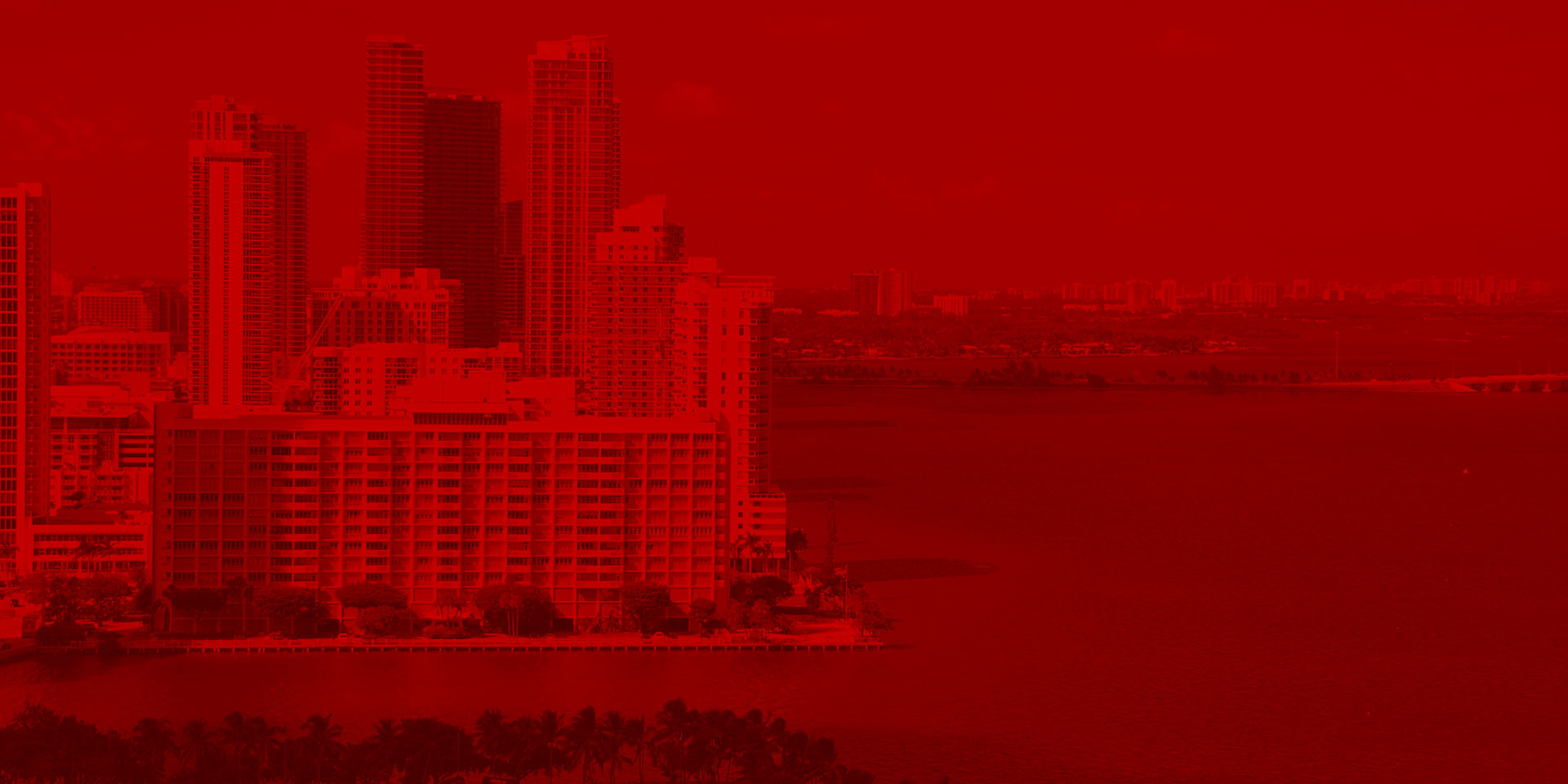
Bankruptcy & Debt Collection
Are you facing a lawsuit from credit card company, credit union or bank for a car repossession or unpaid credit card? Don’t ignore the lawsuit. It could impact you for the next 20 years through a judgment lien.
Are your creditors calling you constantly to collect? Would you like to stop those collection calls? We can help.
Our law firm can represent individuals in the following matters:
- Bankruptcy to discharge your debts
- Cease and desist debt collection letters to creditors
- Collection of medical debt
- Consumer bankruptcy
- Credit card lawsuit
- Credit card litigation
- Credit card collection
- Repossessed car collection
- Judgment entered by a creditor
- Driver’s license suspended due to car accident debt
- Garnished wages
- Debt counseling
- Deficiency balance lawsuit
- Discharge of debts
- Expunge criminal record
- Garnishment of salary
- Mortgage loan modification mediation inside of bankruptcy
- Mortgage suit
- Judgment entered by a creditor
- Driver’s license suspended due to car accident debt
- Negotiate payment plan with your creditor
- Representation in court
- Representation in settlement of a debt
- Second mortgage lawsuit
- Second mortgage litigation
- Tackle zombie debt
One of the methods to handle debt is through bankruptcy. You may consider filing for bankruptcy because you are facing financial difficulties in paying a large amount of debt, credit card bills, or medical bills, or because of a property that may be in foreclosure. Bankruptcy provides a financial “fresh start” from the burden of debts, allowing you to receive a discharge which will release you from personal liability for certain dischargeable debts. A “discharge” is a court order that prohibits your creditors from taking any actions to collect the discharged debts. Filing a bankruptcy petition “automatically stays” or stops most collection actions against you, the debtor. It is important to understand the benefits and consequences of filing for bankruptcy. If you are considering bankruptcy we can provide you with a free initial consultation to review your specific situation.
Individuals must meet certain income thresholds in order to qualify for a Chapter 7 bankruptcy.
The legal assistance offered by Rokusek Law includes reviewing your income, to determine whether you qualify under the means test. If it is determined that you qualify under the means test, your assets and debts will be analyzed to ascertain if Chapter 7 bankruptcy is indeed your best option.
You will be able to protect some of your assets when filing for bankruptcy, as the process will allow you to keep certain “exempt” property.
Your exemptions will depend on whether you are filing individually or jointly with a spouse, and whether there is homestead property (a primary residence). You as the debtor can choose to keep certain secured property, like a car, by deciding to reaffirm the debt if there is a balance to be paid. You would then enter into a reaffirmation agreement with the creditor. You may also choose to surrender property being used as collateral to secure a debt. In general, any property that exceeds a particular exemption amount may be liquidated or sold by the bankruptcy trustee to pay off creditors. To determine the type of “exempt” property you may have, call us to schedule an appointment.
After a Chapter 7 bankruptcy petition is filed, the bankruptcy case will be assigned to a trustee.
The trustee will hold a meeting of creditors — sometimes referred to as a “341 meeting” — in which the trustee and creditors are allowed to ask the debtors questions about their case. Debtors usually receive a discharge a few months after the petition is filed. However, it is important to note that not all debts are dischargeable. A person cannot discharge debts from certain taxes, child support or alimony debts, student loan debts, or other specific debts. We offer a free initial consultation to evaluate the particular circumstances in each person’s case.
A Chapter 13 bankruptcy is available for those individuals with a regular income, and allows them to make payments to creditors through a court-approved payment plan.
A person only receives a discharge after completion of all payments under the repayment plan, which could take three to five years. Some debts that cannot be discharged under a Chapter 7 may be discharged by a Chapter 13. Chapter 13 may also be used to save a home or eliminate a second lien. It may also benefit those persons who are behind on their mortgage but seek to save their home by allowing them to catch up on past-due payments. The process of eliminating a second or junior lien on a primary residence is called “lien stripping.” Lien stripping may also reduce the overall mortgage-related debt. You may contact us to schedule your free initial consultation to discuss your bankruptcy alternatives.



